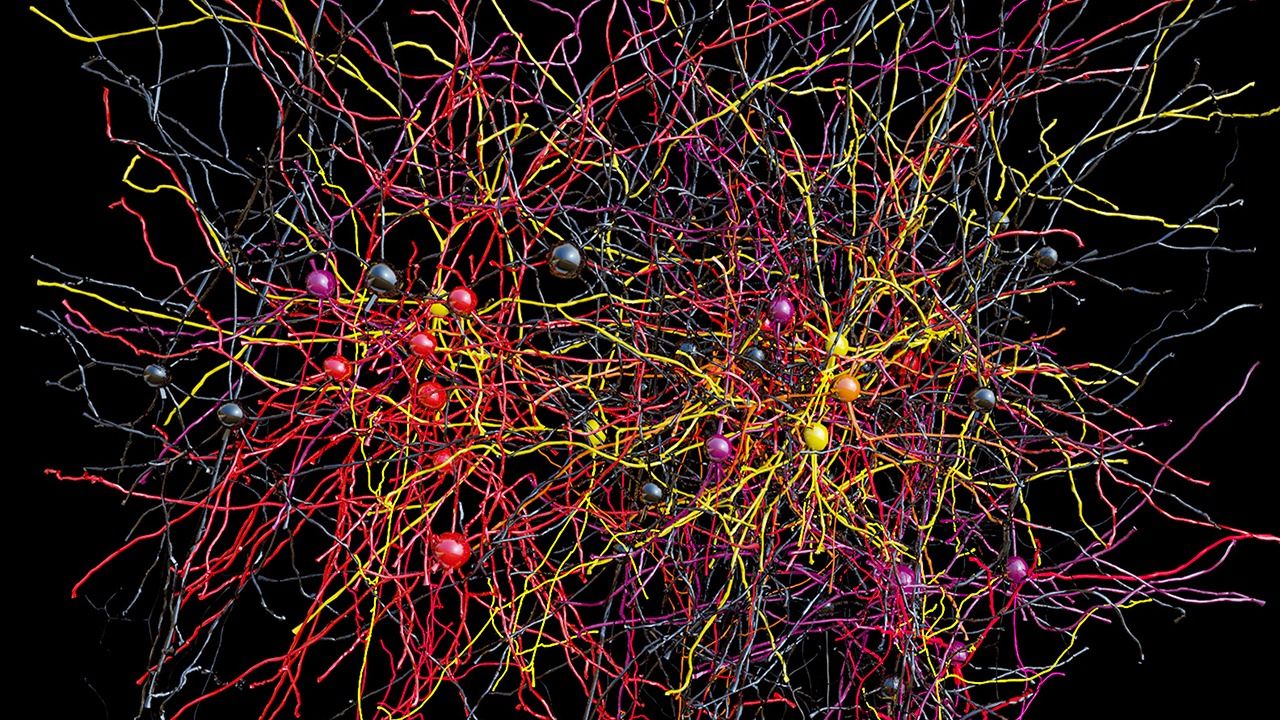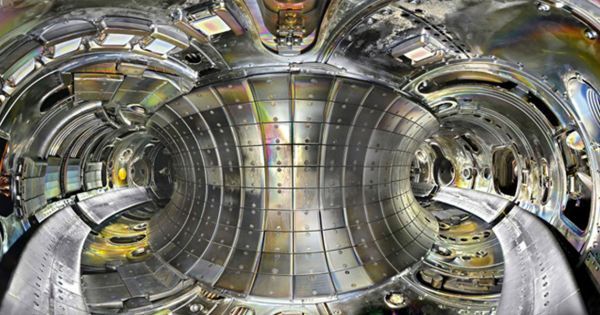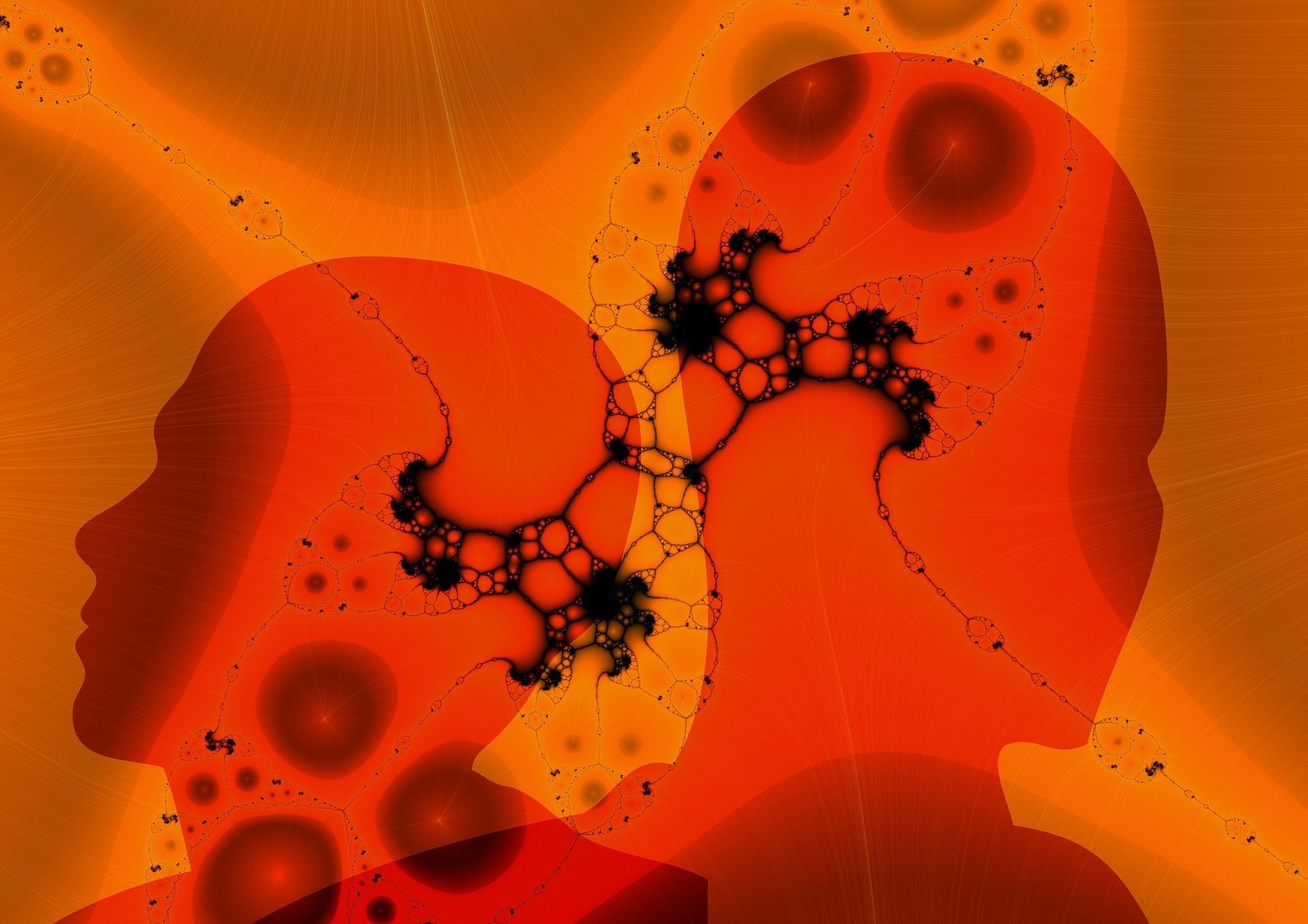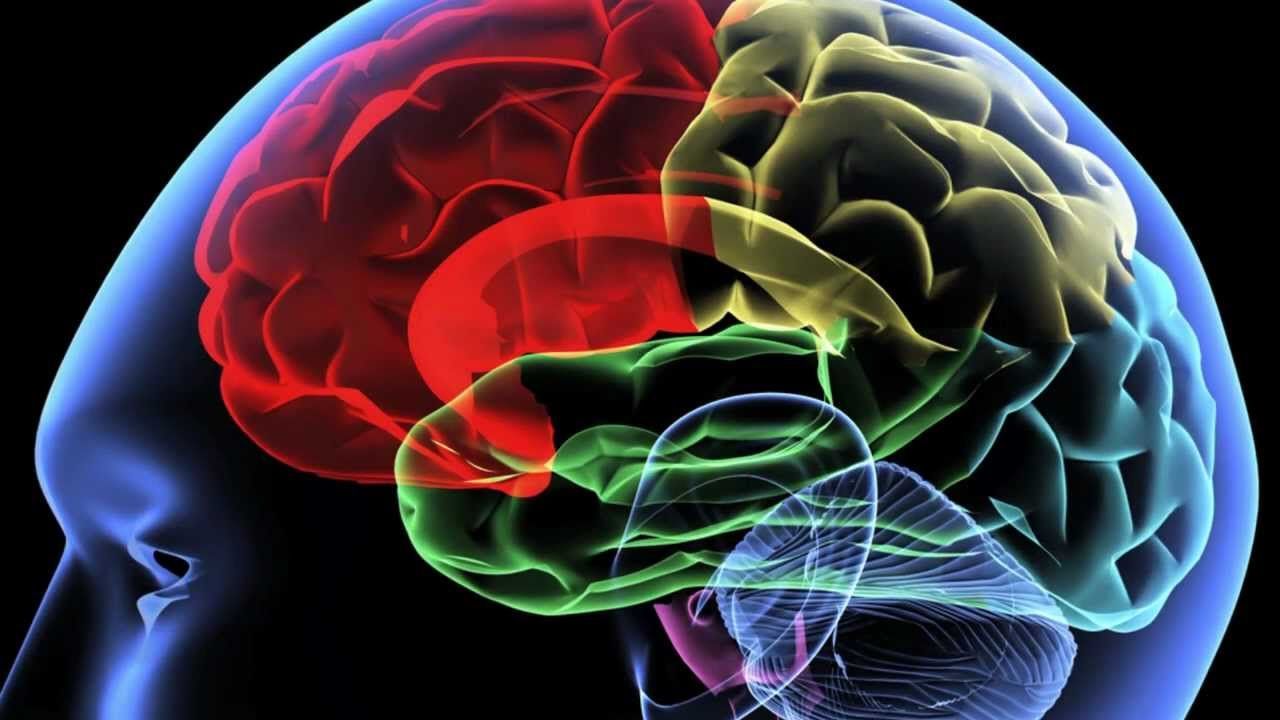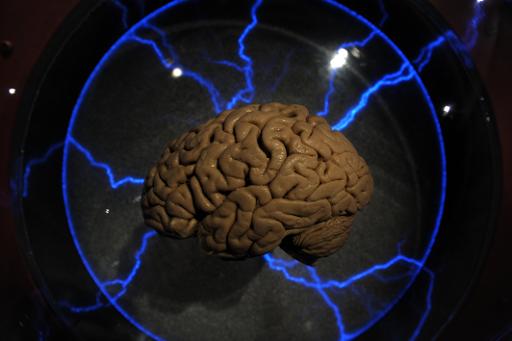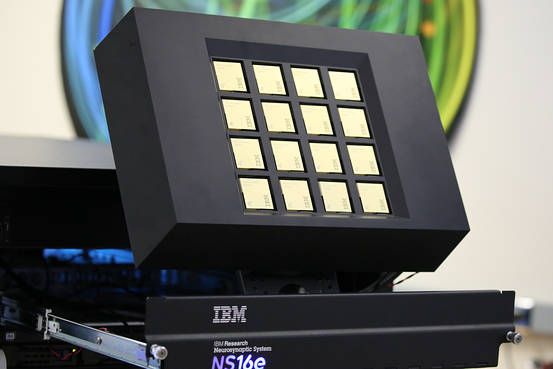Page 11228
Mar 28, 2016
Scientists create largest map of brain connections to date
Posted by Shailesh Prasad in category: neuroscience
Mar 28, 2016
Scientists Made a New Metal, and it Makes Nuclear Reactors Even Stronger
Posted by Shailesh Prasad in categories: materials, nuclear energy
An international team of researchers has developed a new type of metal alloy that could make nuclear reactors safer and more stable in the long term. The new material is stronger and lasts longer than steel.
Scientists have developed a new kind of high quality metal alloy that is suitable to use in building nuclear reactors. While it might not be a metal that has been invented entirely from scratch, it’s only recently that we have been able to produce this kind (this quality) of metal. And it could mean great things for nuclear technologies.
Harvesting Nuclear Power
Continue reading “Scientists Made a New Metal, and it Makes Nuclear Reactors Even Stronger” »
Mar 28, 2016
WinSun Global 3D prints world’s first office for Dubai’s Museum of the Future
Posted by Shailesh Prasad in categories: 3D printing, habitats
WinSun Global, the Chinese company that just last year made headlines for building the world’s first 3D printed villa and the tallest 3D printed apartment block, has now partnered with the city of Dubai to construct what is being hailed as the world’s first 3D printed office.
Mar 28, 2016
New terahertz source could strengthen sensing applications
Posted by Karen Hurst in categories: electronics, security, space travel
Researchers have developed a room temperature, continuous wave, monolithic tunable terahertz source that could lead to advances in biosensing, homeland security, and space exploration.
Mar 28, 2016
Neuroscientists Fight Brain Damage with Gut Microbes
Posted by Karen Hurst in categories: biological, neuroscience
New answer for stroke victims.
Hacking the body’s inflammatory immune response via the gut microbiome.
Mar 28, 2016
Tigra scientifica: A pathway to consciousness
Posted by Karen Hurst in categories: biotech/medical, neuroscience
Now, we have to truly ask ourselves; when one looks at all of the complexities of the brain and how it interacts with the body such as pathways; and then you look at our existing digital infrastructure and technology how can anyone truly believe that they can mimic the human brain and all of its functions. Not on the existing digital platform, not happening. We need a way more advance platform and infrastructure.
Suppose it’s Thursday night and you’re in bed. Your roommate is talking to you about the football team’s chances for the fall, but just when they predict a Tiger playoff berth, you drift off to sleep.
Enzo Tagliazucchi, a physicist at the Institute for Medical Psychology in Kiel, Germany, might explain why you fell asleep during the conversation by suggesting that your neurons are too disconnected.
Continue reading “Tigra scientifica: A pathway to consciousness” »
Mar 28, 2016
What Is a Ketogenic Diet and Can It Really Boost Brain Health?
Posted by Karen Hurst in categories: health, neuroscience
New diet craze:
This article explores how low-carb and ketogenic diets affect the brain.
What Are Low-Carb and Ketogenic Diets?
Continue reading “What Is a Ketogenic Diet and Can It Really Boost Brain Health?” »
Mar 28, 2016
Testing to Start for Computer With Chips Inspired by the Human Brain
Posted by Karen Hurst in categories: business, computing, government, neuroscience
To solve some of the world’s toughest computing problems, Lawrence Livermore National Laboratory is getting a boost from the human brain.
The U.S. government lab will begin testing on Thursday a $1 million computer, the first of its kind, packed with 16 microprocessors that are designed to mimic the way the brain works.
The chip called TrueNorth, introduced by International Business Machines Corp. in 2014, is radically…
Continue reading “Testing to Start for Computer With Chips Inspired by the Human Brain” »
Mar 28, 2016
Experts wary of electrical brain stimulation at home
Posted by Karen Hurst in categories: biotech/medical, health, neuroscience
Hmmm;
Researchers are testing mild electrical stimulation to improve brain function and mental health, but warn do-it-yourselfers to be wary of treating themselves with models available online.
Dr. Fidel Vila-Rodriguez, director of the Non-Invasive Neurostimulation Therapies (NINET) Lab at the University of B.C., is starting to lend devices for home use to people with Parkinson’s disease and depression that will deliver a weak electrical current through electrodes placed on their temples.
Continue reading “Experts wary of electrical brain stimulation at home” »

